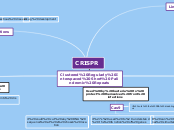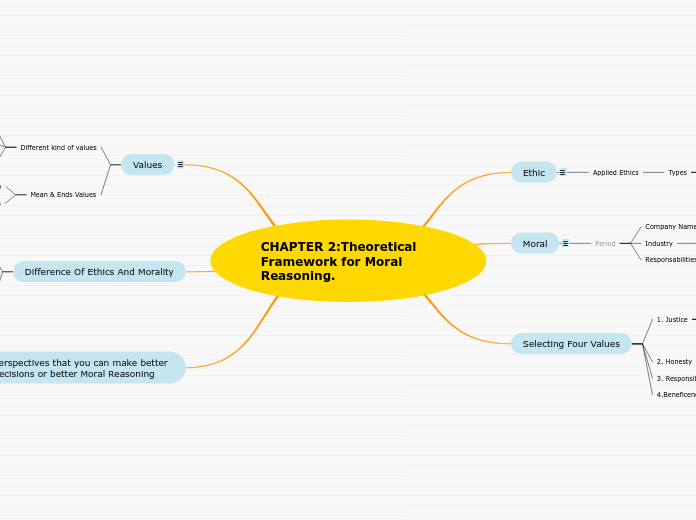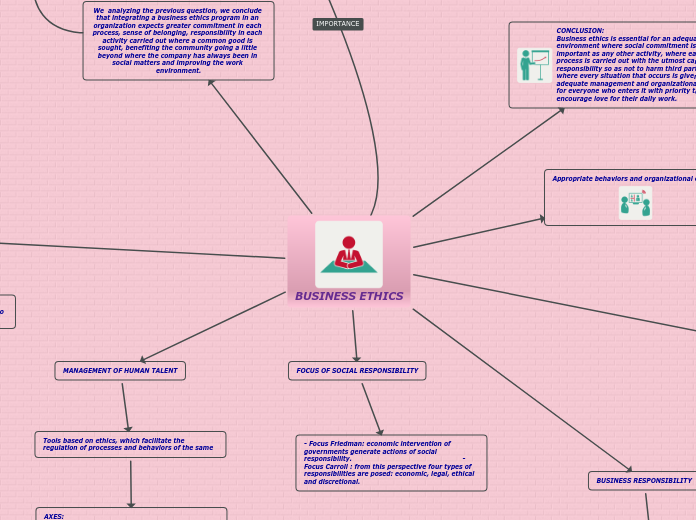door Camilla Campana 7 jaren geleden
1261
CRISPR
CRISPR technology, originally found in bacteria as a defense mechanism, has revolutionized genetic research and biomedicine. This innovative tool allows precise editing of DNA, enabling rapid development of cell and animal models for disease research and diagnostics.









